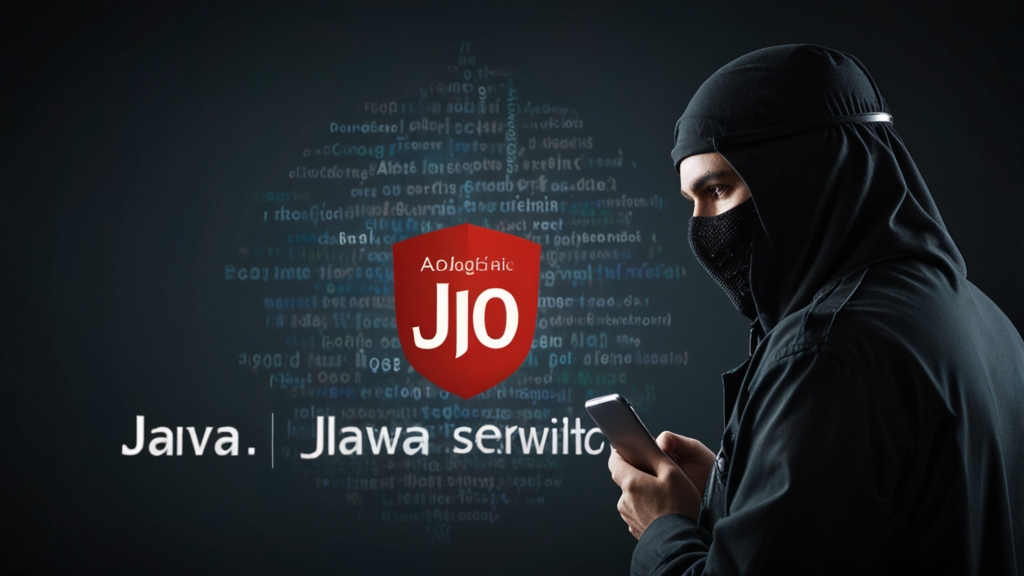Emotional Intelligence and Its Unexpected Role in Conflict Resolution
In the fast-paced world of today, conflict is almost inevitable. Whether it manifests at work, at home, or within a social environment, conflicts can disrupt harmony and cause emotional turbulence. However, an often-overlooked tool in effective conflict resolution is Emotional Intelligence (EI). This article delves into the profound yet unexpected role that emotional intelligence plays in resolving conflicts.
What is Emotional Intelligence?
Emotional Intelligence, commonly referred to as EI or EQ (Emotional Quotient), refers to the ability to recognize, understand, manage, and influence one's own and others' emotions. Originally conceptualized by psychologists Peter Salovey and John Mayer in the early 1990s and popularized by Daniel Goleman, EI has five key components:
- Self-awareness: Understanding one's emotions, strengths, weaknesses, and drives.
- Self-regulation: The ability to manage emotions and impulses.
- Motivation: A strong drive to achieve goals for intrinsic reasons.
- Empathy: The ability to understand and share the feelings of others.
- Social skills: Proficiency in managing relationships and building networks.
How Emotional Intelligence Helps in Conflict Resolution
One might wonder, how can the understanding and management of emotions facilitate the resolution of conflicts? The answer lies in the multifaceted impact of EI on interpersonal relationships and communication.
Self-Awareness and Regulated Responses
Self-awareness allows individuals to recognize their emotional triggers during conflicts. This understanding helps in responding rather than reacting impulsively. When you are aware of your emotions, you can pause, reflect, and choose a more constructive reaction.
"Self-awareness doesn’t eliminate conflict, but it certainly demystifies some of the cloudiness surrounding a clash." - Unknown
Empathy: A Bridge to Understanding
Empathy, a cornerstone of EI, enables individuals to step into someone else's shoes and see the situation from their perspective. In a conflict, empathetic individuals can better ascertain underlying emotions and causes, making it easier to address the root issues rather than just the symptoms.
Consider a workplace scenario where two colleagues are in disagreement. An empathetic approach might reveal that one colleague is under a lot of personal stress, causing them to act out. Understanding this can lead to a more compassionate and effective resolution.
Effective Communication and Social Skills
EI enhances overall communication skills, making it easier to articulate thoughts and feelings without escalating the conflict. It fosters active listening, where parties feel heard and respected, thereby reducing defensiveness and opening the door to more constructive dialogue.
"Empathy is about finding echoes of another person in yourself." - Mohsin Hamid
Self-Regulation and Avoidance of Escalation
Self-regulation allows individuals to control emotional outbursts and reactions that could escalate a conflict. In doing so, it helps maintain a calm and composed environment conducive to problem-solving. By keeping emotions in check, the focus remains on finding a solution instead of apportioning blame or fueling negativity.
Intrinsic Motivation and Positive Outcomes
Intrinsic motivation drives individuals to find mutually beneficial outcomes rather than quick fixes. Such motivation often stems from a genuine desire to resolve conflicts and improve relationships. Emotional intelligence nurtures this intrinsic motivation, prioritizing long-term harmony over temporary victories.
Conclusion
Emotional intelligence may not be the first strategy that comes to mind when resolving conflicts, but its influence is substantial and far-reaching. By enhancing self-awareness, empathy, communication skills, self-regulation, and intrinsic motivation, EI provides a toolbox for navigating the complexities of human relationships and conflicts.
In a world where conflicts are a part of life, mastering emotional intelligence can transform the way we approach and resolve these inevitable disagreements. By leveraging EI, we can foster not only more effective conflict resolution but also deeper, more meaningful connections with those around us.












